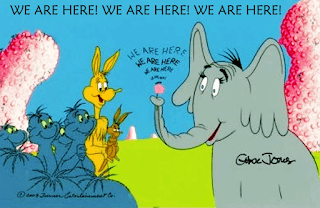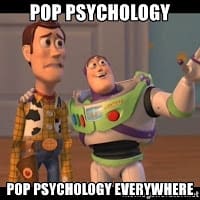
by Jay Medenwaldt | Mar 27, 2019 | Evangelism, Politics, Psychological Apologetics, Science, Theology
How many people have you convinced not to have an abortion? How many people have you convinced to become pro-life, and if you have, did it prevent them from having an abortion? With the exception of a small handful of people, my guess is that the answer to all of...

by Jay Medenwaldt | Mar 24, 2019 | Psychological Apologetics, Science, Theology
Let’s just jump right in and start talking about sex. Christians believe that God is good, designed us, and gave us moral instructions, including sexual instructions, presumably based on the way He designed us. Therefore, the moral laws in the Bible will...

by Jay Medenwaldt | Mar 11, 2019 | Psychological Apologetics, Science
Apologists, as a group and as individuals, are the most well-informed people I know. This is likely because the discipline demands knowledge on a wide variety of subjects, apologists are intellectually curious, and there are well-known apologists with legitimate...

by Jay Medenwaldt | Mar 5, 2019 | Evangelism, Persuasion, Psychological Apologetics, Theology
What’s your goal as an apologist?For probably every apologist I know, their goal is to reach unbelievers with the gospel and/or to train others to do evangelism and apologetics. This is also reflected in the mission statement of the major apologetics ministries...

by Jay Medenwaldt | Mar 4, 2019 | Evangelism, Psychological Apologetics
The ‘good’ pictures are the serious ones, the artistic ones; the ones with good shots. The ‘bad’ are simply escapist, romantic, only for entertainment. But if we examine them with care we will notice that the ‘good’ pictures are...






